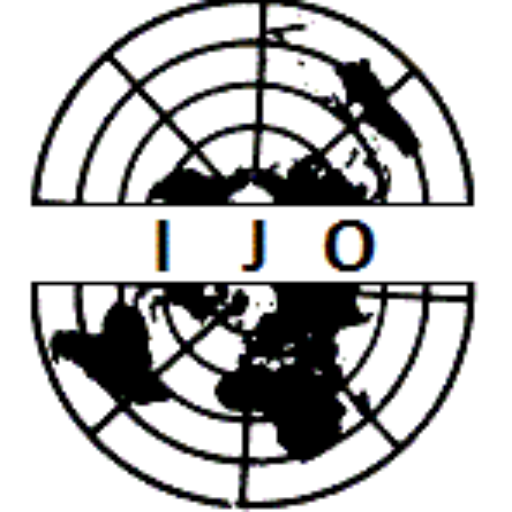FOUNDATION
The International Jurist Organization was founded in 1987. It promotes the rule of law and establishing international relations based on law and justice. The IJO holds special consultative status as a nongovernmental organization (NGO) with the United Nations Economic and Social Council (ECOSOC). Membership is open to individuals of any nationality and profession who share its purpose and objectives.
CHARTER
The mission of the International Jurist Organization (IJO) is to promote discussion and understanding of international law and the intersection of international law with national law, International Affairs, and politics. The IJO focuses on these issues in developing countries as they affect developing countries. The IJO emphasizes the interaction of academics with practitioners in achieving this goal.
Click to view the Full charter
BOARD MEMBERS

Subhash Chandra Birla
Subhash Chandra Birla is an attorney of the Supreme Court of India. He joined the bar in 1968 and since 1978 he has been practicing in the Supreme Court of India. In 1987, he founded the International Jurists’ Organisation in the presence of Dr. Nagendra Singh the then president of the International Court of Justice (ICJ) along with judges and lawyers of the Supreme Court and High Court on 13th December 1987 in Delhi.

Alistair Edgar
Dr. Alistair Edgar is an Associate Professor of Political Science at the Balsillie School of International Affairs, Wilfrid Laurier University. His research interests include Canadian defense policy; transitional justice after mass atrocity crimes, with fieldwork in Afghanistan, Cambodia, Kosovo, and Uganda; and governance in the UN system, with an ongoing research project examining the President of the General Assembly. Outside of his scholarly activities, he serves as chair of the Canadian Landmine Foundation.

Katsumi ISHIZUKA (石塚 勝美)
Katsumi Ishizuka (石塚 勝美) is a Professor of Political Science and the Dean at Kyoei University, Japan. His research presentations include topics such as Japan’s military and humanitarian intervention, collective security, and Japan’s policy toward UN peacekeeping operations. He has also addressed Japan’s policy towards the War on Terror in Afghanistan, the displacement issue in East Timor since 1999, and the use of force in international peacekeeping in response to new security challenges, with cases such as MONUC and KFOR. Additionally, he has explored the history and roles of Japan and China in UN peacekeeping operations.

Srikanth Kondapalli
Srikanth Kondapalli is the Dean of the School of International Studies and a Professor of China Studies at Jawaharlal Nehru University in New Delhi, India. He is a prolific writer and commentator featured in national and international media such as BBC News, China Daily, The New York Times, The Guardian, and The Times of India. Kondapalli has received several accolades, including the MP-IDSA’s K. Subrahmanyam Award for Excellence in Research in Security and Strategic Studies in 2010. He serves on various advisory and editorial boards, including the Society for Indian Ocean Studies, the United Services Institution, the Institute of Peace and Conflict Studies, Tamkang University Journal, and the Chinese Quarterly of International Strategic Studies. He is also the Managing Editor of the JNU SIS Journal International Studies and a Trustee of the Foundation for Non-Violent Alternatives.

Kenneth Gallant
Professor Gallant served as a prosecutor and later as Attorney-in-Charge for Special Litigation with the Office of the District Attorney of Philadelphia. At the law school, he teaches Criminal Law, International Law, Conflict of Laws, and Lawyering Skills. Professor Gallant has published extensively in international law, including his book “The Principle of Legality in International and Comparative Criminal Law” (Cambridge University Press, 2009). He was elected to Associate Membership in the International Academy of Comparative Law in 2014. From 2006-2012, he served as Representative of Counsel on the International Criminal Court Advisory Committee on Legal Texts and from 2014-2018, he was a Member of the ICC’s Disciplinary Appeals Board.
